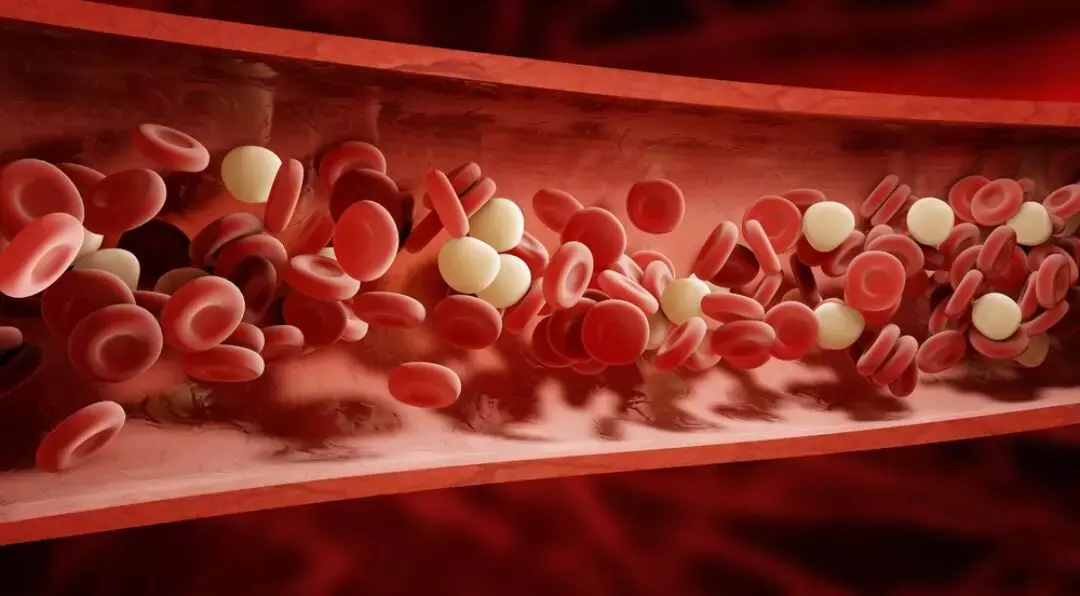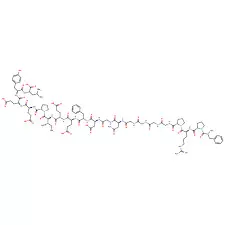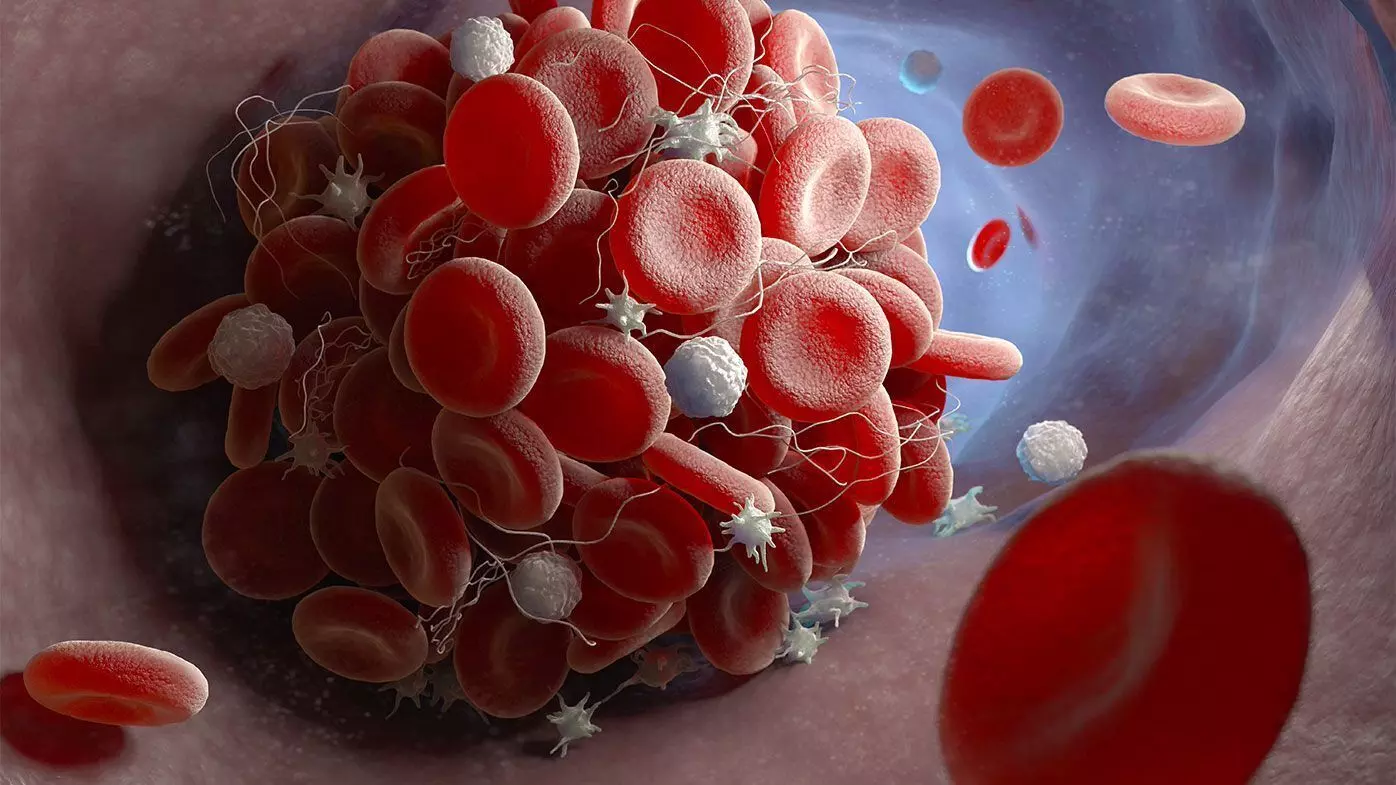- Home
- Medical news & Guidelines
- Anesthesiology
- Cardiology and CTVS
- Critical Care
- Dentistry
- Dermatology
- Diabetes and Endocrinology
- ENT
- Gastroenterology
- Medicine
- Nephrology
- Neurology
- Obstretics-Gynaecology
- Oncology
- Ophthalmology
- Orthopaedics
- Pediatrics-Neonatology
- Psychiatry
- Pulmonology
- Radiology
- Surgery
- Urology
- Laboratory Medicine
- Diet
- Nursing
- Paramedical
- Physiotherapy
- Health news
- Fact Check
- Bone Health Fact Check
- Brain Health Fact Check
- Cancer Related Fact Check
- Child Care Fact Check
- Dental and oral health fact check
- Diabetes and metabolic health fact check
- Diet and Nutrition Fact Check
- Eye and ENT Care Fact Check
- Fitness fact check
- Gut health fact check
- Heart health fact check
- Kidney health fact check
- Medical education fact check
- Men's health fact check
- Respiratory fact check
- Skin and hair care fact check
- Vaccine and Immunization fact check
- Women's health fact check
- AYUSH
- State News
- Andaman and Nicobar Islands
- Andhra Pradesh
- Arunachal Pradesh
- Assam
- Bihar
- Chandigarh
- Chattisgarh
- Dadra and Nagar Haveli
- Daman and Diu
- Delhi
- Goa
- Gujarat
- Haryana
- Himachal Pradesh
- Jammu & Kashmir
- Jharkhand
- Karnataka
- Kerala
- Ladakh
- Lakshadweep
- Madhya Pradesh
- Maharashtra
- Manipur
- Meghalaya
- Mizoram
- Nagaland
- Odisha
- Puducherry
- Punjab
- Rajasthan
- Sikkim
- Tamil Nadu
- Telangana
- Tripura
- Uttar Pradesh
- Uttrakhand
- West Bengal
- Medical Education
- Industry
Among patients undergoing CIED surgery DOAC continuation associated with higher bleeding risk vs VKA continuation

In a pioneering research endeavor, scientists have provided valuable insights into the optimal anticoagulant strategies for patients undergoing cardiac implantable electronic device (CIED) surgery. The study concluded that the best approach to manage is by minimal direct oral anticoagulation (DOAC) interruption during the cardiac implantable electronic device surgery.
The study results were published in the journal JACC: Clinical Electrophysiology.
When it comes to patients undergoing cardiac implantable electronic device (CIED) surgery, there's a lack of comprehensive data comparing the use of vitamin K antagonists (VKAs) and direct oral anticoagulants (DOACs). Additionally, the optimal management of DOACs, including whether to interrupt or continue their use during surgery, remains an open question. Hence researchers conducted an observational multicenter study to compare the incidence of device-related bleeds and thrombotic events based on the choice of anticoagulant (DOAC vs VKA) and the selected regimen (interrupted vs uninterrupted).
The study, a collaborative effort conducted at multiple medical centers, was observational in nature. It involved patients already on chronic oral anticoagulation therapy who were scheduled for CIED surgery. To ensure a balanced and fair comparison, the researchers employed propensity scoring to match patients with similar characteristics.
Key Findings:
- The study included a comprehensive cohort of 1,975 patients, with an average age of 73.8 years.
- Among these, 1,326 were receiving DOAC therapy, and of this group, 78.2% (1,039 patients) had their DOAC treatment temporarily interrupted before surgery, while 21.8% (287 patients) continued DOAC therapy.
- Another group of 649 patients were on VKA therapy.
- After meticulous matching, the final study population consisted of 861 patients.
- The results were striking and revealed important differences in outcomes between the various anticoagulation strategies.
- Notably, the incidence of major bleeding events was significantly higher among patients who continued DOAC therapy (5.2%) in comparison to those who had their DOAC therapy temporarily interrupted (1.7%) and those who continued VKA therapy (2.1%).
- On the other hand, the study found that the rate of perioperative thromboembolism was 1.4% in the group of patients with interrupted DOAC therapy, whereas no thromboembolic events were observed in patients who either continued DOAC or VKA therapy.
- The study's multivariable analysis also identified independent predictors of major bleeding, including the utilization of dual antiplatelet therapy, the continuation of DOAC therapy, and male gender.
In light of these significant findings, the study underscores the importance of personalized care and tailored anticoagulation strategies for patients undergoing CIED surgery. The research suggests that, when clinically feasible, the use of concomitant dual antiplatelet therapy should be avoided. The key takeaway from this groundbreaking study is that the optimal approach to managing anticoagulant therapy during CIED surgery may involve minimal interruption of DOAC therapy. However, it's important to acknowledge that further research and clinical trials may be necessary to refine these findings and establish best practices in the field. Ultimately, the study paves the way for improved patient care and better outcomes in the realm of cardiac device surgery.
Further reading: DOACs vs Vitamin K Antagonists During Cardiac Rhythm Device Surgery: A Multicenter Propensity-Matched Study. JACC Clin Electrophysiol. 2023 Oct 16 [Online ahead of print]. https://doi.org/10.1016/j.jacep.2023.08.037
BDS, MDS
Dr.Niharika Harsha B (BDS,MDS) completed her BDS from Govt Dental College, Hyderabad and MDS from Dr.NTR University of health sciences(Now Kaloji Rao University). She has 4 years of private dental practice and worked for 2 years as Consultant Oral Radiologist at a Dental Imaging Centre in Hyderabad. She worked as Research Assistant and scientific writer in the development of Oral Anti cancer screening device with her seniors. She has a deep intriguing wish in writing highly engaging, captivating and informative medical content for a wider audience. She can be contacted at editorial@medicaldialogues.in.
Dr Kamal Kant Kohli-MBBS, DTCD- a chest specialist with more than 30 years of practice and a flair for writing clinical articles, Dr Kamal Kant Kohli joined Medical Dialogues as a Chief Editor of Medical News. Besides writing articles, as an editor, he proofreads and verifies all the medical content published on Medical Dialogues including those coming from journals, studies,medical conferences,guidelines etc. Email: drkohli@medicaldialogues.in. Contact no. 011-43720751




